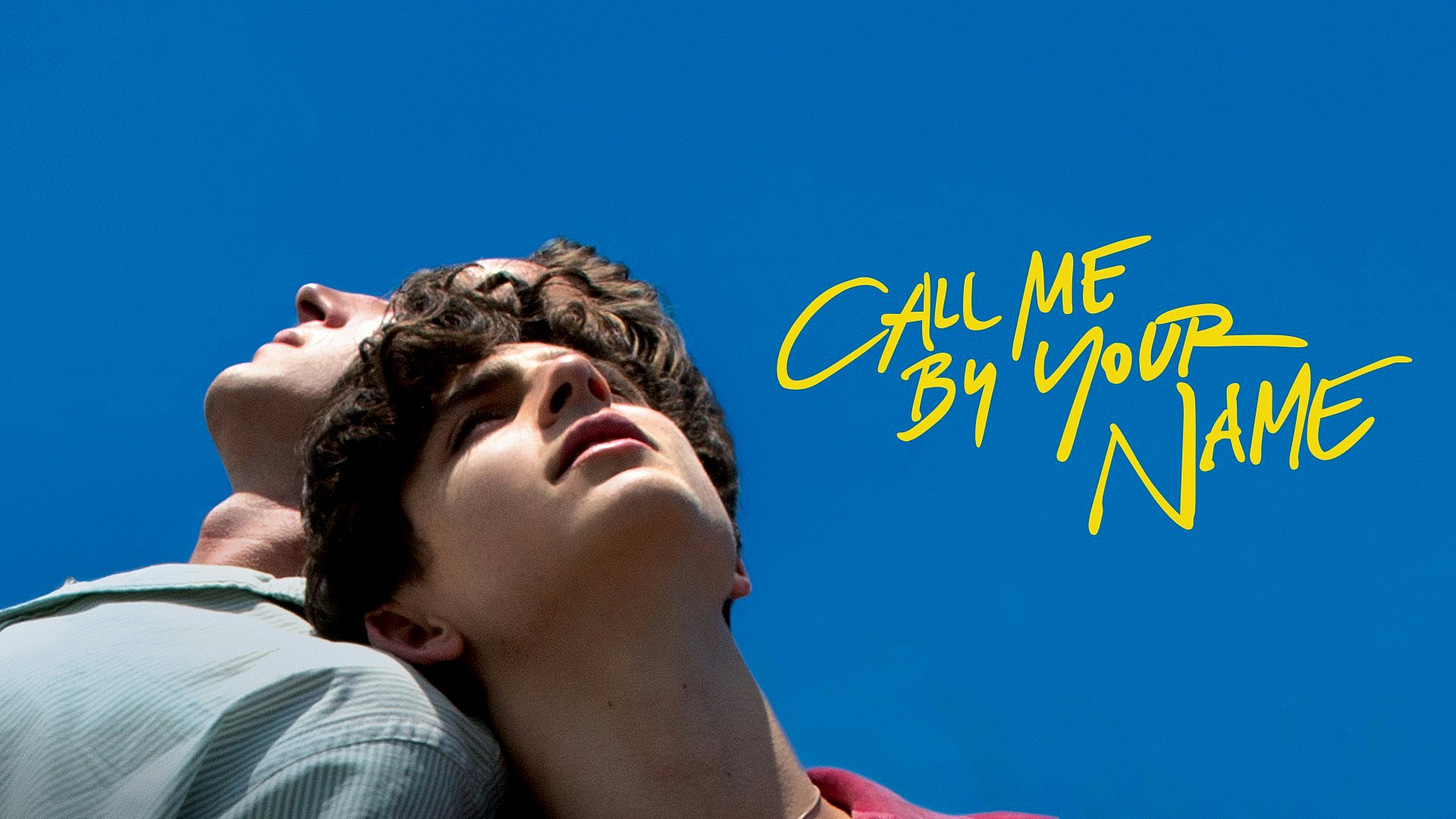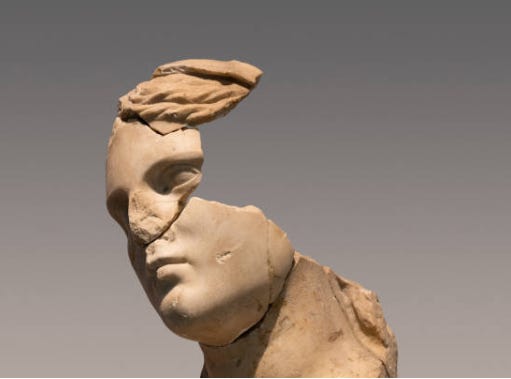I go to the last page and read, and if I don’t like it I won’t read the book she said, a woman I met only once. Unlike Rachel, I do not practice this method, but maybe if I live to 90 I will be able to tell from the last page if the rest of the book is worth reading. By page 31 I guessed the last word, later; but was wrong. The last line was the namesake: Call Me By Your Name.
In highschool the expression often used was shmeh, it’s not bad and it’s not great, it’s just shmeh. This is precisely how I felt after finishing Andre Aciman’s novel, who in an interview at Talks With Goldman Sachs twice described it as ambivalent. Not even Elio’s relationship with the piano sparked inspiration, like many things it felt more assigned than organic. There is a certain tightness in the essence and even though the summer is hot and full of tension I felt cold.
And now I find myself returning to Casey McQuiston since Andre Aciman is not a gay man. This is by no means a pre-requisite, Hanya Yanigahara is a perfect example (please see my previous essay Young Mungo, A Little Life). We lose discovery if we destroy the observer, the person on the outside looking in can see the very thing we cannot.
Stephen King, in his book On Writing, talks about how he never worries about plot; it appears the more articulate your sculpture emerges. In Aciman’s interview, he talked more about the things he wanted to do. He wanted to write a love story in a house in Italy with a pool, he wanted to write the perfect father-son coming out speech, he used the word mission in the same interview to convey that there were very specific goals. The first scene King wrote for Carrie was blood running down her legs in the locker room showers in front of other girls, a scene that sprung into his head, in the laundry room if I remember correctly. The rest of the story unfolded from there. And so the tightness in Call Me By Your Name starts to feel like a controlling voice. The sense of assignment begins to feel as though the characters are trapped, forced into their personalities and actions. I was not convinced that Andre Aciman moved to the side, that Elio and Oliver’s connection had no inception but rather began with an agenda and remained dominated by mission.
In a rare instance, the movie was better than the book and unsurprisingly I am six years late in watching it. The movie found an organic flow and liberated some of the weight. Sensuality and poise at the table, the sunglasses, the Polo shirts and the faded dusty pink colored couch rounded out some missing interior. Green in the Northern Italian summer reminded me of Portland summer green and the chevron wood floors made my feet sing. I loved Elio’s cuffed jeans, the blue tile bathroom, Oliver’s cold water face wash, the bicycle riding, the cigarettes, the open windows and how this movie put me in the mood to read.
And yet, there is still something cold; the abrupt and brilliant classical piano soundtrack I would have otherwise loved if I associated summer with John Adam’s Hallelujah Junction and several Sufjan Stevens tracks. In a spacious home that echos and sometimes feels abandoned with its chipping paint and no interior lighting, how all the beds look uncomfortable, how shivery Elio and Marzia look after swimming, all made me lose touch with the fever dream I kept trying to sink into.
There were personal dislikes I had with the movie; I found Elio’s father to be cringy and frumpy, I am in no way attracted to Chalamet and Hammer and I seem to have been lost on the characters altogether - their connection unclear. Elio and Oliver’s chemistry both in the book and movie is stiff with a rigidity I can’t place. I look back to the Goldman Sachs interview, Aciman saying that Elio’s character is who he envisioned himself to be, living in a beautiful Italian home owned by someone else and fantasizing about falling in love with a visitor - who is a man.






